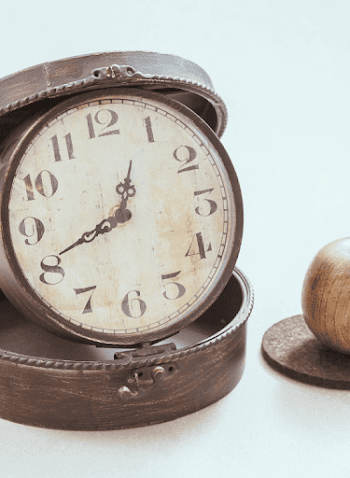Start learning about probate, today!
Here's another suggestion for free at-home genealogy.
Do you know what types of probate records should exist in a specific time and place you are interested in?
A place you can start today, at-home, for free, is looking at the FamilySearch catalog or a similar catalog for the state archives (an archives for the jurisdiction the records would fall under).
Records might exist but not be located in either of these repositories but it's a starting place.
Often genealogists look for a will or a major group of probate records but never learn about all the small clues found in the related probate records.
Sometimes they spend tons of time hunting through probate records when clues from other records indicate there shouldn't be probate
It's not the easiest genealogy topic to learn all the ins and outs but it's worth learning about, even if you don't master it.
Start by simply seeing what exists for a time and place of interest and then seek answers to the questions you have.
Here's another suggestion for free at-home genealogy.
Do you know what types of probate records should exist in a specific time and place you are interested in?
- Although probate is similar in many locations, the names of the same type of record can be different. Then there's the method it was recorded and stored (as loose papers or copied into a bound book).
- On top of that you don't know if the records were preserved or where they ended up. That can make a difference in where you can access them today (for example, microfilm might have been made of records sent to a state repository for storage but not of the records in the courthouse or maybe only the bound books were digitized or microfilmed but not loose papers).
A place you can start today, at-home, for free, is looking at the FamilySearch catalog or a similar catalog for the state archives (an archives for the jurisdiction the records would fall under).
Records might exist but not be located in either of these repositories but it's a starting place.
- Instead of focusing on researching in the records, focus on what you need to learn about them.
- Write down questions you have.
- Start looking for more information online.
- Usually, you can find general information about the location (for example, in the U.S., state by state info).
- Sometimes you can find very specific information about what exists for the exact location (in the U.S. the county or city/town, whichever is appropriate).
Often genealogists look for a will or a major group of probate records but never learn about all the small clues found in the related probate records.
Sometimes they spend tons of time hunting through probate records when clues from other records indicate there shouldn't be probate
It's not the easiest genealogy topic to learn all the ins and outs but it's worth learning about, even if you don't master it.
Start by simply seeing what exists for a time and place of interest and then seek answers to the questions you have.










